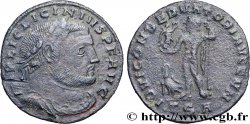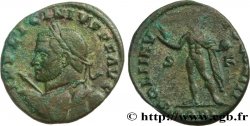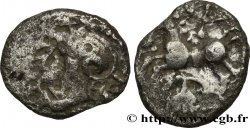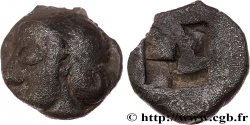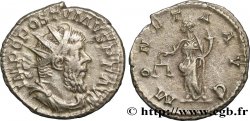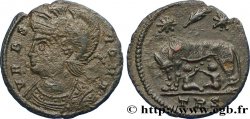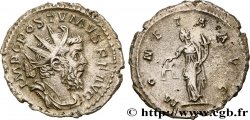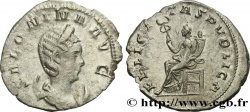E-auction 363-276036 - brm_556346 - LICINIUS I Follis ou nummus
You must signin and be an approved bidder to bid, LOGIN TO BID. Accounts are subject to approval and the approval process takes place within 48 hours. Do not wait until the day a sale closes to register. Clicking on « bid » constitutes acceptance of the terms of use of cgb.fr private e-auctions.
Bids must be placed in whole Euro amounts only. The sale will start closing at the time stated on the item description; any bids received at the site after the closing time will not be executed. Transmission times may vary and bids could be rejected if you wait until the last second. For further information ckeck the E-auctions F.A.Q.
NO BUYER'S FEE.
NO BUYER'S FEE.
| Estimate : | 35 € |
| Price : | 9 € |
| Maximum bid : | 9 € |
| End of the sale : | 30 March 2020 14:33:00 |
| bidders : | 4 bidders |
Type : Follis ou nummus
Date: 313
Mint name / Town : Nicomedia
Metal : copper
Diameter : 20 mm
Orientation dies : 6 h.
Weight : 2,56 g.
Rarity : R1
Officine: 5e
Coments on the condition:
Exemplaire sur un flan ovale extrêmement mince. Belle tête de Licinius Ier. Joli revers de frappe un peu molle. Patine verte
Catalogue references :
Obverse
Obverse legend : IMP C VAL LICIN LICINIVS P F AVG.
Obverse description : Tête laurée de Licinius Ier à droite (O*).
Obverse translation : “Imperator Cæsar Valerius Licinianus Licinius Pius Felix Augustus”, (L'empereur césar Valerius Licinianus Licinius pieux heureux auguste).
Reverse
Reverse legend : IOVI CONS-ERVATORI/ -|E// SMN.
Reverse description : Jupiter nicéphore nu, debout à gauche, le manteau sur l'épaule, tenant un globe nicéphore de la main droite et un sceptre long de la gauche ; un aigle dans le champ à gauche, tournant la tête à droite.
Reverse translation : “Iovi Conservatori”, (À Jupiter protecteur).
Commentary
Poids extrêmement léger. Ce type ne peut pas avoir été frappé en 313-315 comme le prétend P. M. Bruun dans le RIC VII, mais doit appartenir aux émissions difficilement classées de 313 avec une préférence pour une taille au 1/84 L. et un grènetis de 20/22 mm qui correspond mieux à cette période.







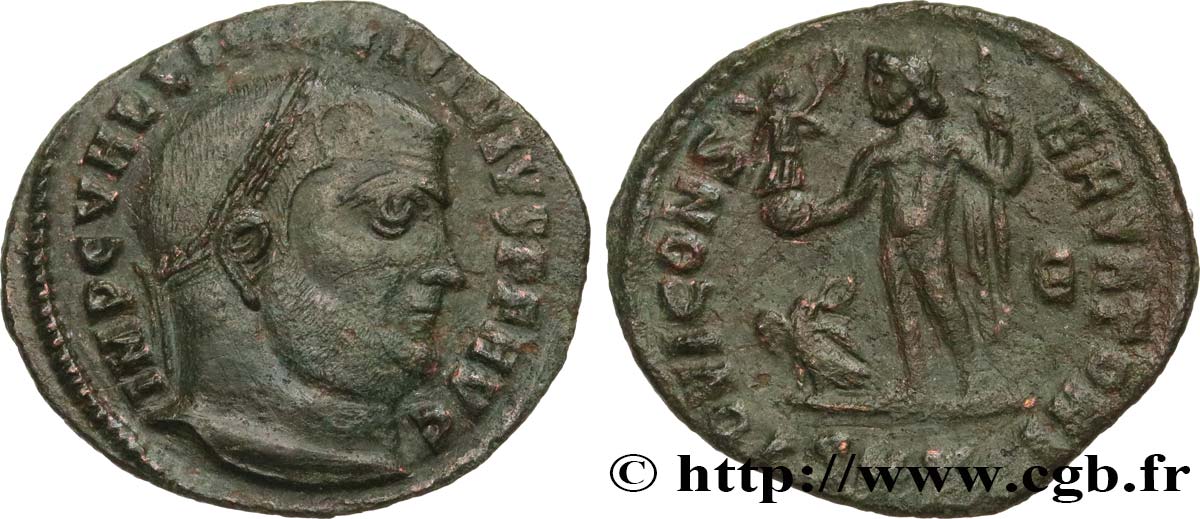
 Report a mistake
Report a mistake Print the page
Print the page Share my selection
Share my selection Ask a question
Ask a question Consign / sell
Consign / sell
 Full data
Full data